Sleep expert reveals 3 types of people should drink coffee before bed — here's who
Sleep expert Max Kirsten tells us which people can actually fall asleep faster with coffee
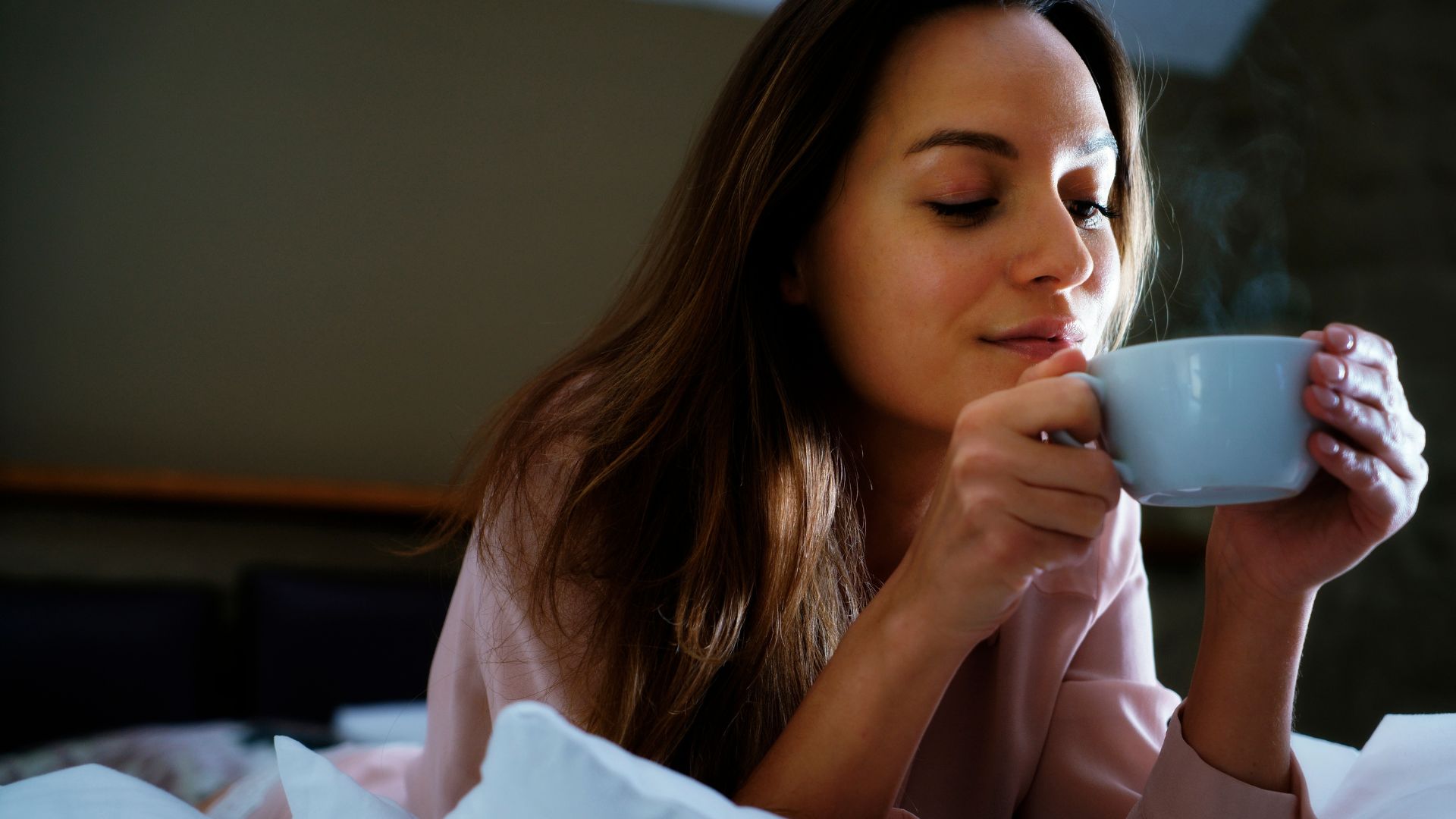
Drinking coffee before bed isn't typically considered a sleep remedy. After all, coffee is usually drank as a morning pick-me-up to start the day, not as a bedtime beverage to end the day. However, Max Kirsten, Sleep Expert for Panda London, has revealed that not all of us should put down the coffee cup in the evening.
In fact, Kirsten says that coffee can actually help some people fall asleep, rather than keep them awake at night. Here, Kirsten breaks down the three types of people who can enjoy a cup of java tonight without worrying about how it will affect their sleep.
What you eat and drink before bed is just as important to your sleep as a consistent bedtime or choosing the best mattress. So, if you're not one of these people who can enjoy a pre-bedtime caffeine fix, then Kirsten has also provided three caffeine-free alternatives to drink before bed to help you drift off.
3 people who should drink coffee before bed for better sleep
1. People who find comfort in a daily cup of coffee
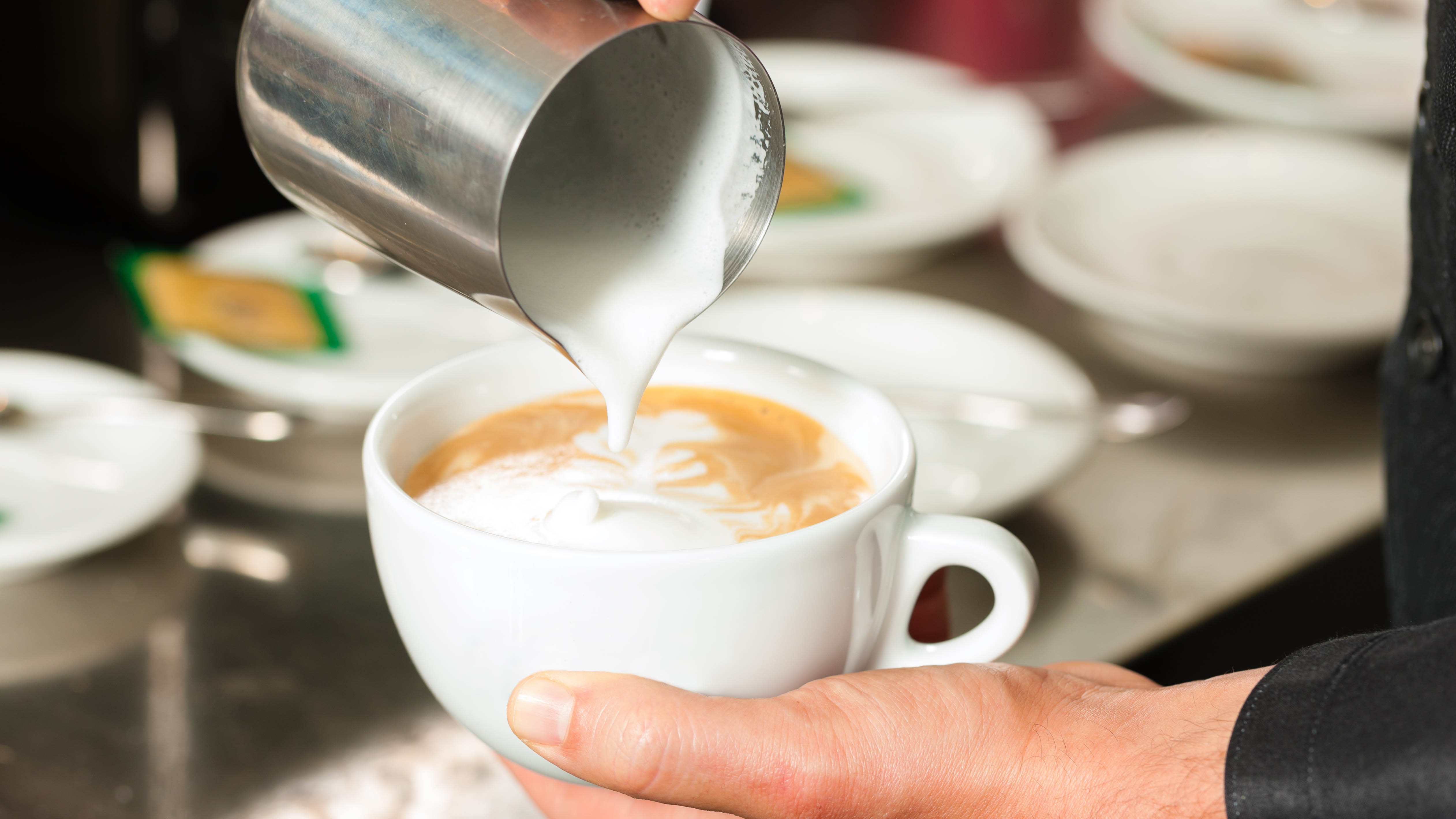
If you find that the perfect way to unwind is with a cup of joe, then this drink shouldn't just be reserved for your coffee break. Kirsten says that antioxidants and other bioactive compounds in coffee have relaxing effects, while the daily ritual of a cup of java creates a sense of calm for others.
"The act of drinking coffee can have a psychological calming effect due to the comforting routine and warmth associated with the beverage," explains the award-winning sleep coach. "For some, this routine can signal to the body that it is time to relax and wind down, creating a sense of comfort and security that promotes sleep."
2. People with a high tolerance to caffeine

For some, coffee can have a huge impact on their sleep, making them feel wide awake and energized. In fact, it's often recommended to quit consuming caffeine after 12 noon to maintain good sleep hygiene.
Others, Kirsten points out, are often unaffected by caffeine's stimulant effects and don't find it difficult to fall asleep after drinking it. "The individual variations in metabolism and sensitivity to caffeine mean that while some people are kept awake by coffee, others might metabolise it quickly enough that it does not interfere with their sleep cycles," he says.
Get instant access to breaking news, the hottest reviews, great deals and helpful tips.
3. People with ADHD
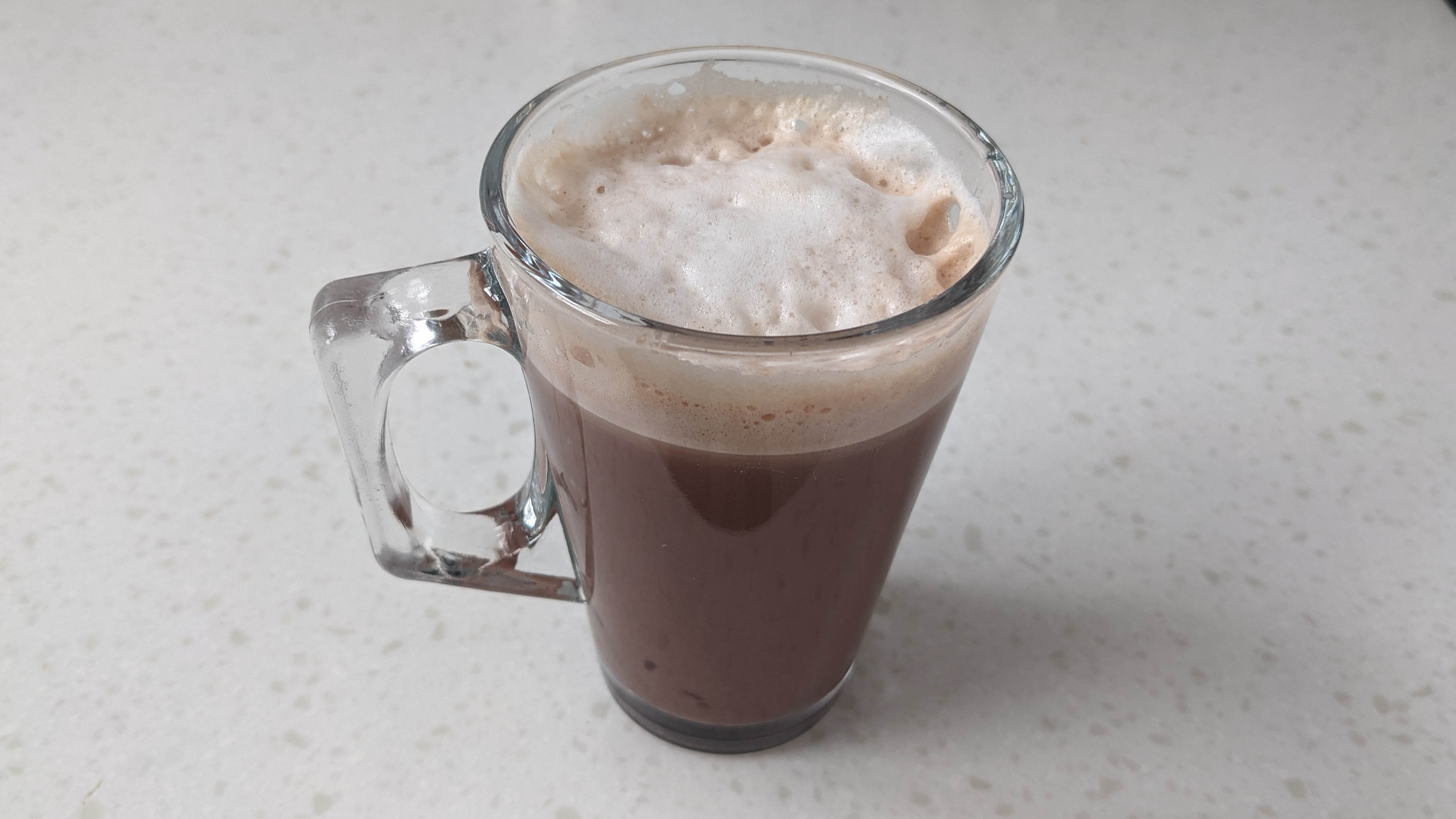
Studies have shown that those with ADHD have lower dopamine levels (a natural chemical in our brains that helps us feel motivated) than those without ADHD, which can lead to mental restlessness and difficulty concentrating and staying motivated.
Caffeine raises the the levels of dopamine in those with ADHD, bringing dopamine levels to a more balanced amount. This balance, Kirsten says, can make those with ADHD feel more relaxed. "Caffeine can paradoxically have a calming effect on people with ADHD by helping them focus their thoughts and reduce mental restlessness," explains the sleep expert. "Which can ease the process of falling asleep."
3 caffeine-free alternatives to drink before bed
Caffeine stays in the body for many hours after drinking, which is why a late-afternoon coffee can prevent you from sleeping soundly. If you don't fall into the categories above, here are some caffeine-free drinks to help you relax in the evening...
1. Chamomile tea
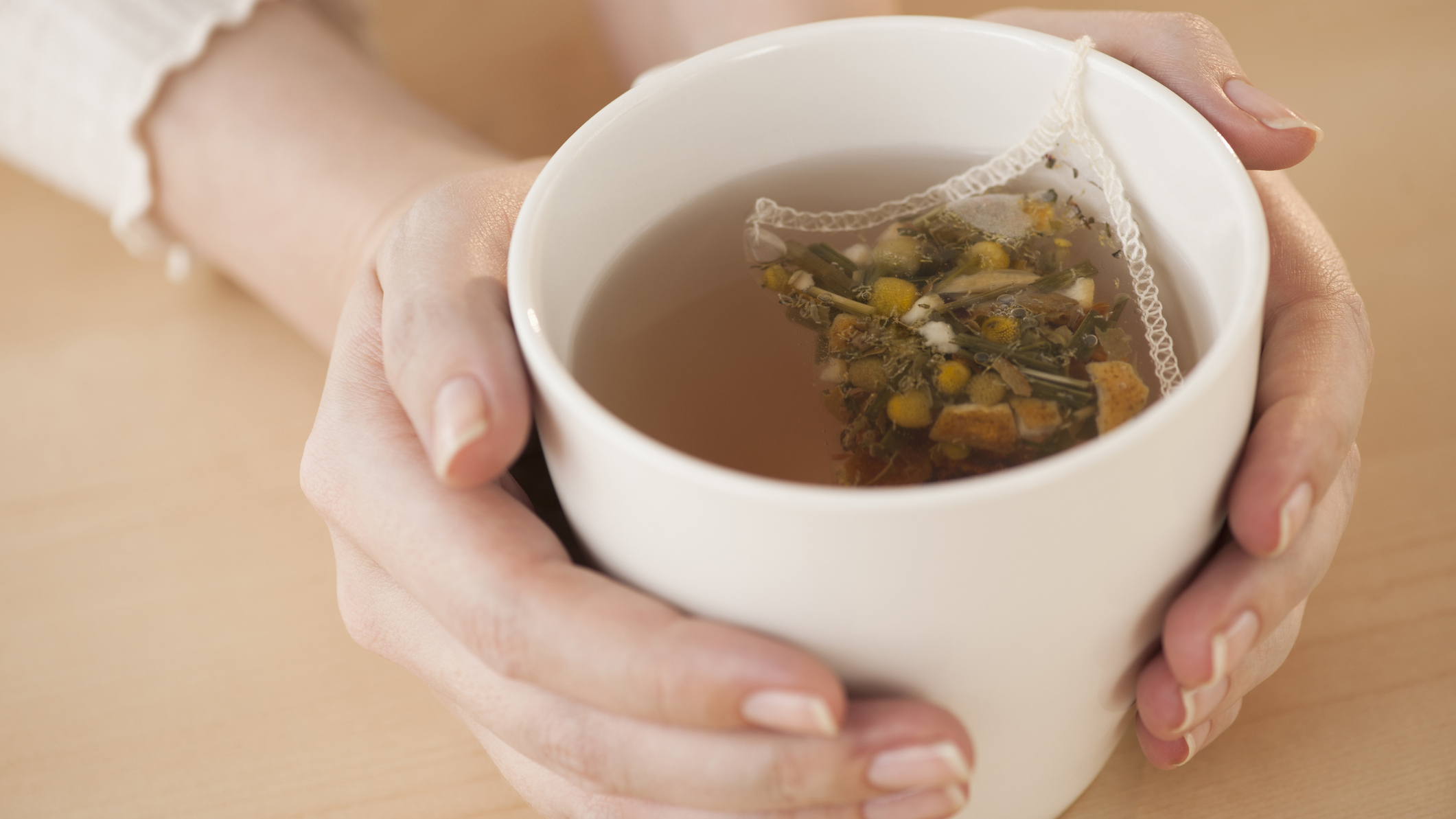
So, this is one you've probably heard before, but Kirsten says it's a classic bedtime beverage for a reason. "Chamomile tea contains an antioxidant called apigenin that binds to certain receptors in the brain, promoting relaxation and sleep," he explains. Other herbal teas you could try are valerian root and lavender tea, which are known for their sleep-inducing properties.
2. Decaffeinated green tea
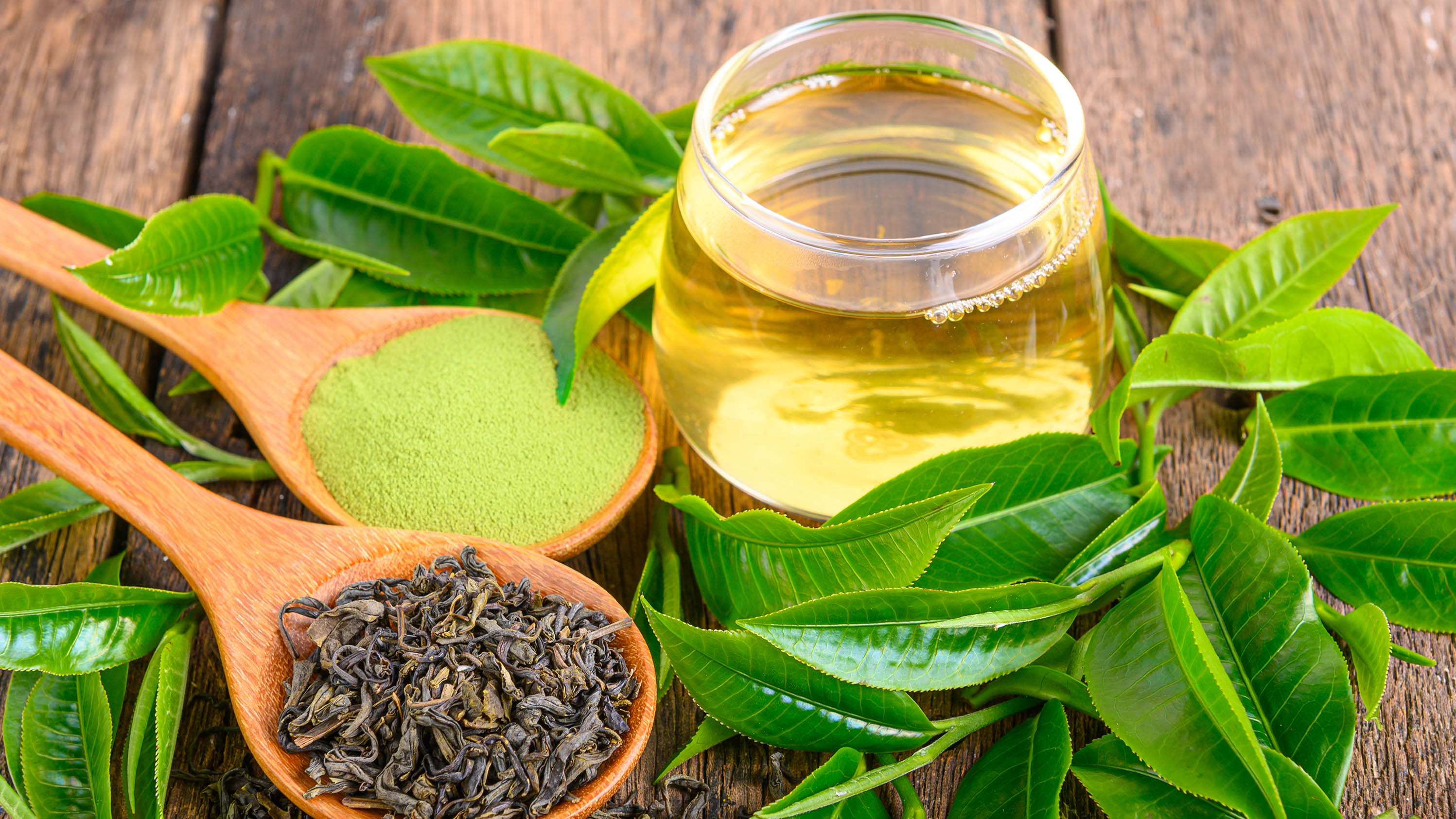
Regular green tea contains caffeine, meaning this is a drink to avoid before bed if you have a low tolerance to the substance and don't want to feel over stimulated.
However, you can get decaffeinated green tea, which Kirsten says have contains theanine, an amino acid that can promote relaxation and reduce stress, helping you to sleep better.
3. Tart cherry juice
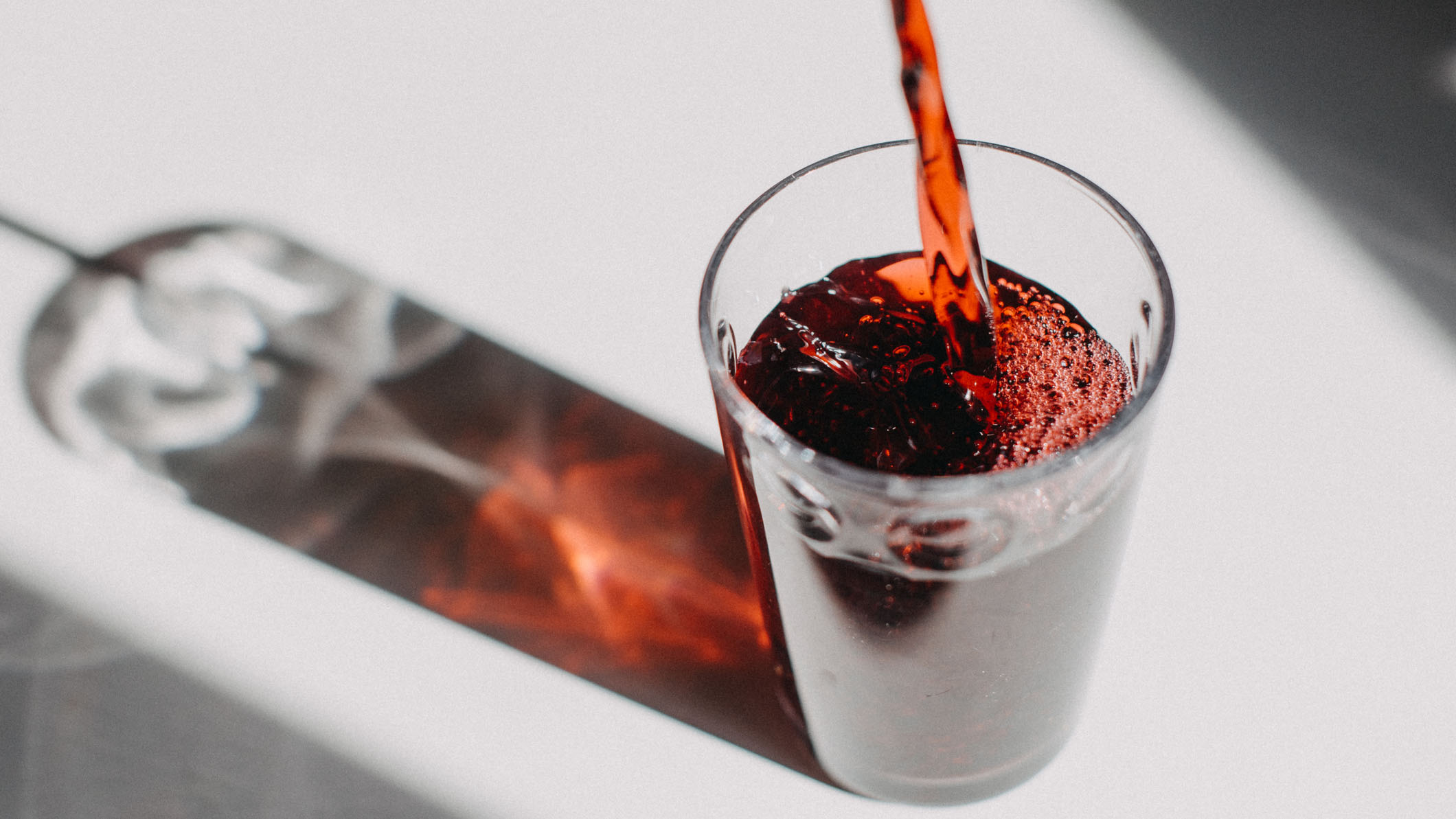
You may have come across this drink recently as it was used in the popular sleepy girl mocktail trend on social media. However, Kirsten says there is more to this drink than a TikTok craze. "Tart cherries are a natural source of melatonin, the hormone that regulates sleep-wake cycles," says Kirsten. "Studies have shown that consuming tart cherry juice can improve sleep duration and quality."
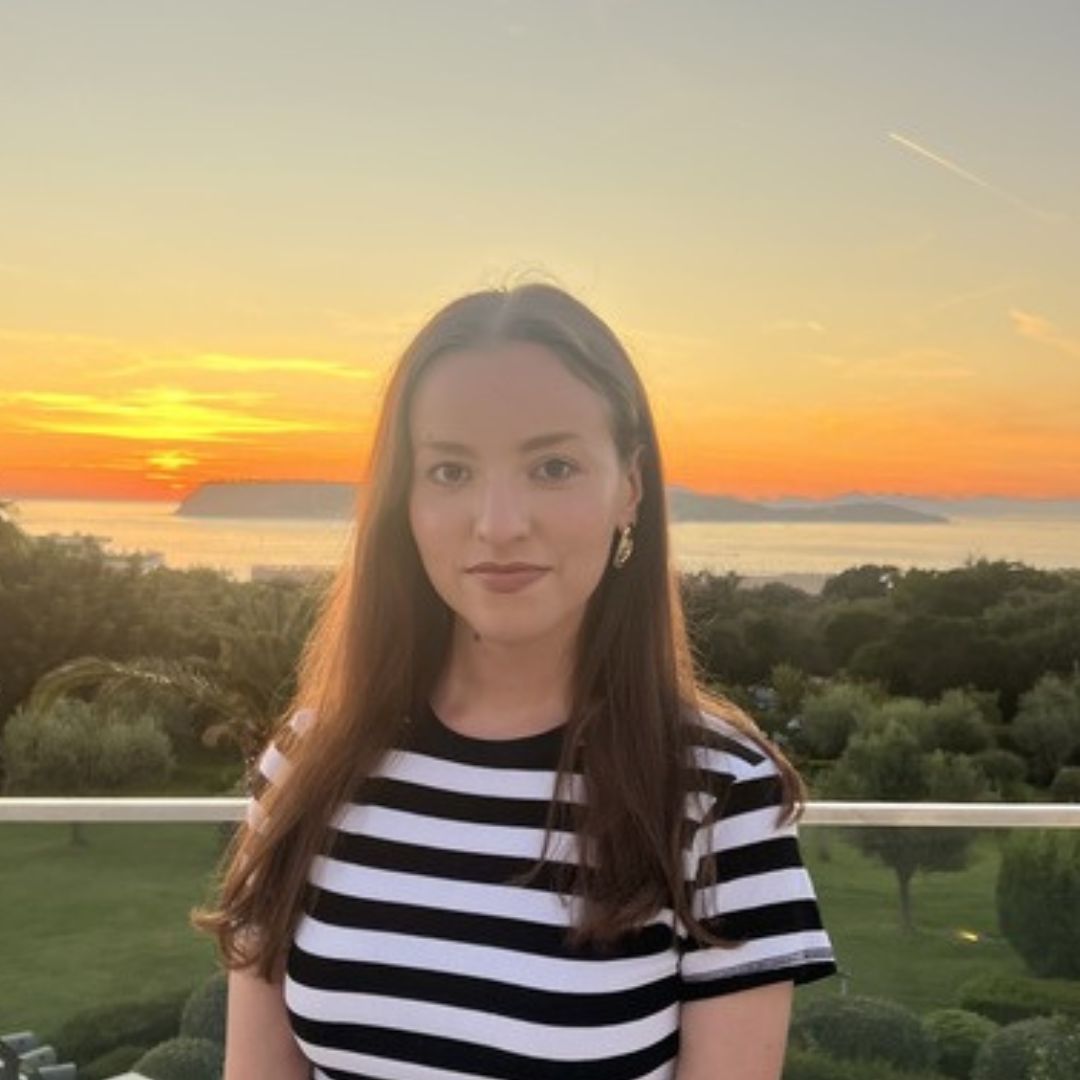
Frances Daniels is a PPA-accredited journalist and Sleep Staff Writer at Tom's Guide with an MA in Magazine Journalism from Cardiff University. Her role includes covering mattress and sleep news and writing sleep product reviews and buyer's guides, including our Best Hybrid Mattress 2025 guide. She is interested in the relationship between sleep and health, interviewing an array of experts to create in-depth articles about topics such as nutrition, sleep disorders, sleep hygiene, and mattress care. She is also our specialist on mattress toppers — producing bed topper reviews and taking care of our Best Mattress Toppers 2025 guide — and leads content relating to fiberglass-free beds for a non-toxic sleep. Outside of Tom's Guide, she has written for Ideal Home and Marie Claire.
 Club Benefits
Club Benefits





